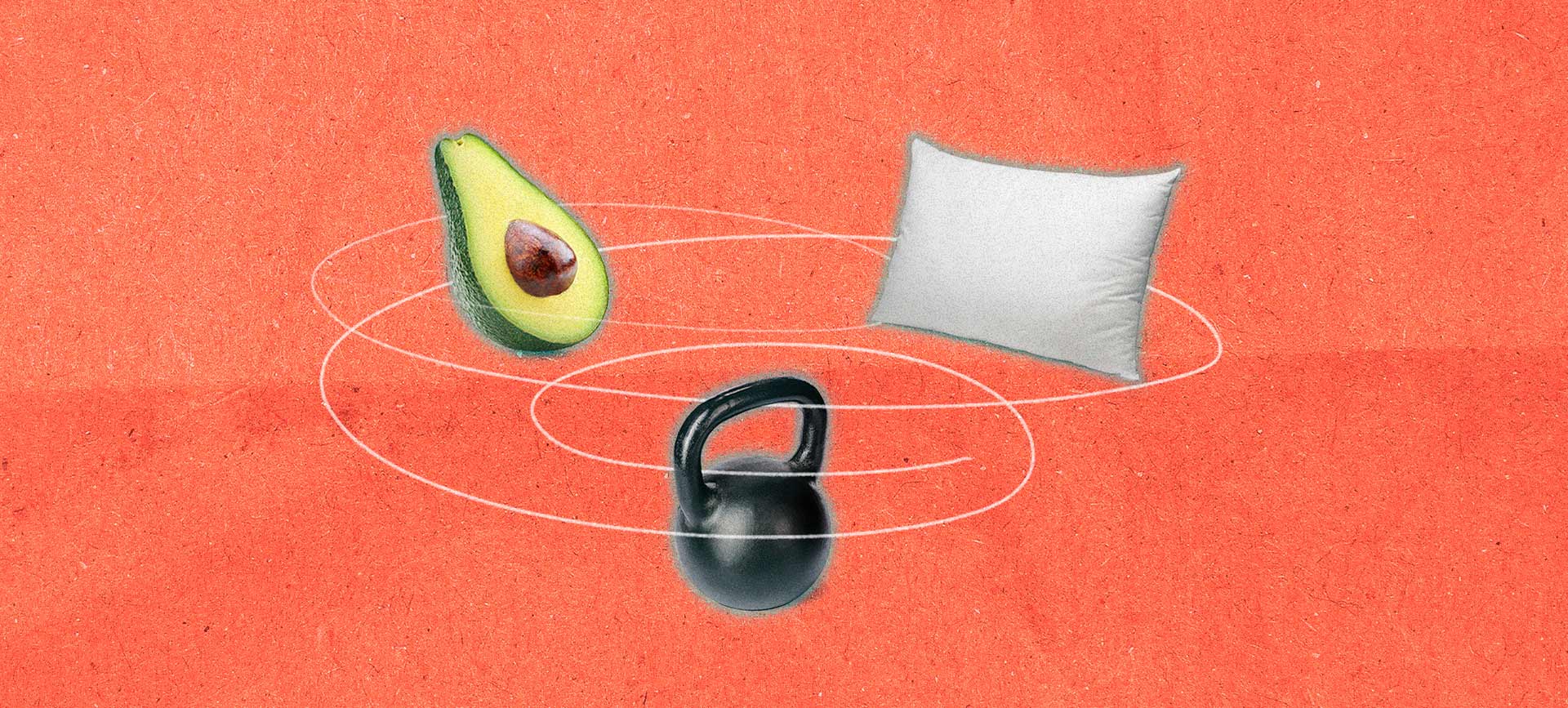Nutrition and sleep go "hand in hand," according to Caroline Susie, R.D., a licensed dietitian in Dallas and official spokesperson for the Academy of Nutrition and Dietetics.
"Nutrition and good sleep make for happy people," Susie said, adding that a deficiency in either leads to brain fog, fatigue and "just not being our best selves."
For instance, a lack of sleep can impact the production of hormones.
"In particular, levels of the hormone that tells us we're full—leptin—drops," Susie explained. "And the hormone that tells us we're hungry—ghrelin—increases."
Sleep deprivation or insomnia can increase the release of the stress hormone cortisol during the day, added Mareya Ibrahim, a chef and cookbook author based in California. Those "out of whack hormones" can cause people to overeat, she said.
"Getting your seven to eight hours as an adult helps you to manage your hormones and subsequently manage stress in your body, as well as manage your hunger and register when you're actually full from eating," she said.










